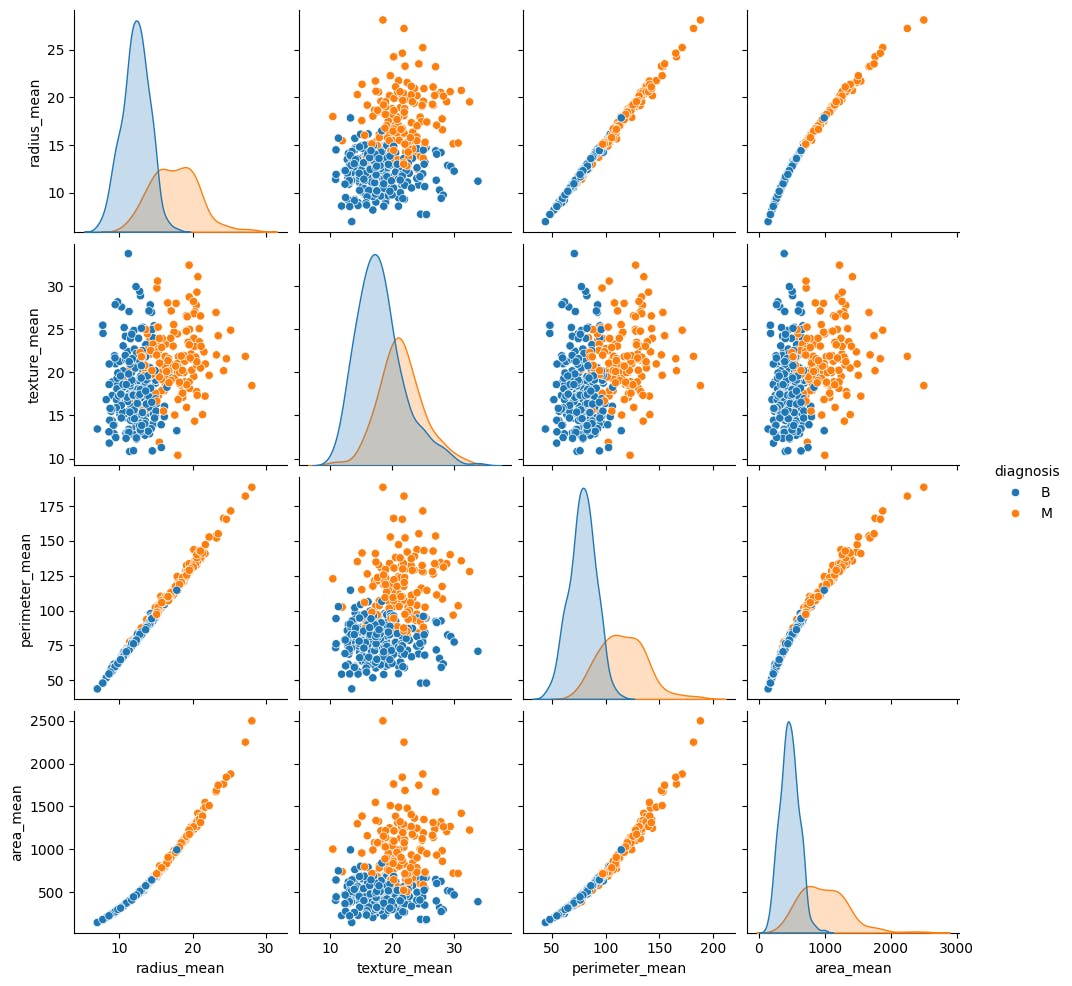For those that are curious about the Linux support and performance of the AMD Ryzen AI 7 PRO 360 laptop processor, I’ve recently been testing it out within a Lenovo ThinkPad T14s Gen 6 (AMD) laptop. Up today are benchmarks of the Ryzen AI 7 PRO 360 within the ThinkPad T14s Gen 6 up against an assortment of other recent Intel and AMD laptops all while running the near-final state of Ubuntu 25.04.
The Lenovo ThinkPad T14s Gen 6 AMD is a 14-inch laptop powered by this 8-core AMD Ryzen Strix Point (Zen 5) SoC while having the build quality we’ve come to enjoy from the ThinkPad T14 line-up. The Lenovo ThinkPad T14s Gen 6 21M1001VUS comes equipped with the Ryzen AI 7 PRO 360 with integrated Radeon 880M (RDNA 3.5) graphics, 32GB of LPDDR5X-7500 memory soldered, 1TB PCIe Gen4 NVMe SSD, and a 14-inch 1920 x 1200 IPS 400 nit display. The build quality of this Lenovo 21M1001VUS is nice and on-par with other recent ThinkPads. The 14-inch 1200p display though did feel a bit dated for a 2025 laptop with just 400 nits, 60Hz, non-HDR for a high-end business laptop especially if paying anywhere close to the $2,769 USD list price though there are occasional sales on the 21M1001VUS that put it closer to the $1300 mark.
Microsoft Windows 11 ships on the Lenovo ThinkPad T14s Gen 6 AMD model by default but Lenovo does offer Ubuntu 24.04 LTS and Fedora Linux as alternative options. Indeed with Lenovo offering Fedora and Ubuntu pre-loads on this laptop, the Linux support is indeed in good shape. As long as you are on a modern Linux distribution like Fedora 41 or Ubuntu 24.04 LTS (with HWE stack) or newer, you should be in relatively good shape for the ThinkPad T14s G6 and other AMD Strix Point laptops. Particularly with the RDNA 3.5 graphics and for any s2idle/resume quirks or the like, it usually pays off to be on as new of a Linux kernel as possible for the best features/support and performance. With Ubuntu 25.04 shipping the Linux 6.14 kernel (and Fedora 42 also using Linux 6.14), it’s a great base point for installations on new laptops if installing yourself.
The AMD Ryzen AI 7 PRO 360 is an 8-core / 16-thread laptop processor made up of three Zen 5 cores and five Zen 5C cores. This Strix Point SoC can clock up to 5GHz for the Zen 5 cores or 3.3GHz for the Zen 5C cores. The AMD Ryzen AI 7 PRo 360 has a 16MB L3 cache. The Ryzen AI 7 PRO 360 has a default TDP of 28 Watts while there is a configurable TDP from 15 to 54 Watts. As you’ll see from some of these benchmarks though with the associated CPU power numbers, the Lenovo ThinkPad T14s Gen 6 running out-of-the-box on Ubuntu 25.04 with the balanced performance ACPI platform profile saw the Ryzen AI 7 360 typically operating in the 15~18 Watt range. Follow-up articles will include looking at the ThinkPad T14s Gen 6 performance when running in the low-power and performance ACPI Platform Profiles for additional context around the performance capabilities of this 8-core Zen 5(C) laptop SoC.
For this testing all of the laptops were freshly (re)tested on Ubuntu 25.04 using the latest packages as of testing and done on a clean/default OS installation each time. All of the laptops were tested in their out-of-the-box / default state with the balanced performance power profile and similar defaults. Ubuntu 25.04 employs the Linux 6.14 kernel, the GNOME 48 desktop, Mesa 25.0 graphics drivers, GCC 14.2, Python 3.13, and other up-to-date open-source software. The other laptops I had on-hand for this initial round of Ubuntu 25.04 laptop benchmarking included:
– Intel Core i7 1185G7 – Dell XPS 9310
– Intel Core i7 1280P – MSI Prestige 14Evo
– Intel Core Ultra 7 155H – Acer Swift Go 14
– Intel Core Ultra 7 256V – ASUS Zenbook S14
– AMD Ryzen 7 PRO 5850U – ThinkPad T14s G2a
– AMD Ryzen 7 PRO 6850U – ThinkPad X13 G3
– AMD Ryzen 7 7840U – Acer Swift Edge 16
– AMD Ryzen 7 7840HS – Framework 16
– AMD Ryzen AI 7 PRO 360 – ThinkPad T14s G6
– AMD Ryzen AI 9 365 – ASUS Zenbook S16
– AMD Ryzen AI 9 HX 370 – ASUS Zenbook S16
From there a wide range of 200+ benchmarks were carried out on each laptop for looking at the performance on Ubuntu 25.04. The CPU temperature and CPU package power consumption were also monitored for each benchmark to evaluate the overall power efficiency for these laptops out-of-the-box on clean Ubuntu 25.04 installations.








